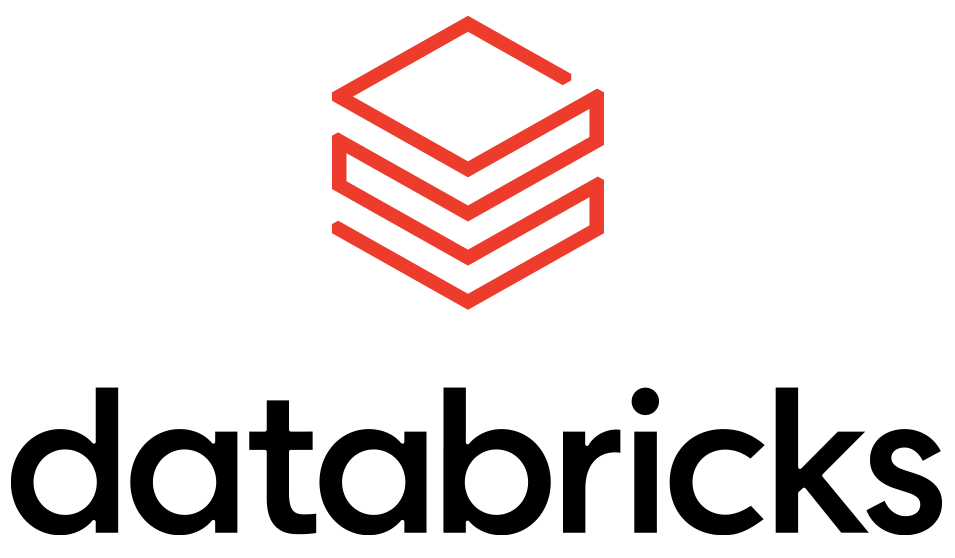Data democratisation is one of the most important trends in the modern data landscape. With the growing demand for data-driven decision-making, self-service analytic tools are becoming more popular and essential to enable data accessibility within companies. This article explores how data democratisation is enabled through self-service analytics tools, its benefits, and how they can be integrated successfully within organisations to realise the full value creation potential.
Why Invest in Data democratisation?
Data is an important strategic asset that helps differentiate companies from their competitors and creates a competitive advantage leading to increased performance. For instance,
Data-driven organisations are more likely to experience a +10% growth in revenue, a +40% improvement in time to market, and a +35% increase in new customer acquisition.
However, many companies still struggle to utilise their data to the fullest extent. Data is frequently underutilised within organisations because non-data specialists lack access to and the capabilities to use analytical tools, which leaves them dependent on IT specialists. This obstacle can be overcome by providing employees the access to self-service analytics tools and investing in training and enablement.
Giving so-called “citizen developers”, individuals with limited technical expertise, the tools and skills to analyse data quickly and independently will empower them to explore and use data to create business value and drive innovation.
Definition
Data democratisation is about making data available to all employees, not just data experts. It further involves training employees to help them to understand, use, and share data in a compliant and secure manner. By decentralising data access and allowing employees to work with data independently, organisations can empower employees to make more informed decisions and be more productive. In order to better democratise the use of data, companies need to introduce self-service analytic tools such as Alteryx, Tableau, or Microsoft Power Platform.
Self-Service Analytics enables employees to access, explore, analyse, and visualise data based on their needs without the need for IT specialists. These user-friendly tools facilitate quick and easy analysis, allowing users to independently identify insights and trends in their data. Today, there are numerous tools available on the market. Some popular tool examples include Alteryx, Microsoft Power Platform, and Tableau.
Self-Service Analytics tools empower citizen developers to derive insights and create value from data without involving IT Specialists.
Access to self-service analytics tools gives users the flexibility to discover insights that might otherwise have gone unnoticed. Data democratisation, however, does not imply all business users are identical. When selecting self-service analytics tools, organisations should consider their different user groups and assess which tools are best tailored to meet specific needs. The more flexibility offered to users, the more technical skills are required. Overall, the fit between users and appropriate analytic tools should be determined based on user tasks, informational demands, computer skills, and analytic skills. The graph below displays this relationship, including tool examples.
Self-service analytic tools vary in the required expertise of users. Where some tools are suitable for non-technical users, others require some technical experience or capabilities. Many of the self-service analytic tools on the market today can empower non-technical users to perform basic data transformations and analytics to derive actionable information from large amounts of multifaceted data. Technical users can similarly draw great benefit by utilising the same tools to accomplish their tasks more easily and quickly than before.
Benefits of Data Democratisation
The benefits of data democratisation and self-service analytics are far-reaching. By making data more accessible, organisations can make better decisions, increase efficiency, and reduce costs. According to Gartner’s research published in 2022, organisations investing in self-service analytics tools have a stronger and faster return on value, as they are less limited by the availability of expert data science resources. Five selected advantages are listed and explained in more detail below:
- Improved decision-making: By democratising data, companies can quickly access and understand large amounts of data to make faster, and more informed decisions. Additionally, allowing more people to access and analyse data allows different perspectives to be considered, leading to more comprehensive decision-making.
- Increased efficiency: By providing access to data, businesses can eliminate inefficiencies from the decision-making process. The increased data accessibility simplifies data analysis and decision-making and therefore allows for more effective use of time and resources.
- Improved collaboration: Data democratisation encourages collaboration between teams, departments, and organisations. Everyone can access the same data, allowing for more open communication, and collaboration.
- Improved customer experience: Businesses can better tailor their offerings to their customers’ needs and preferences by understanding customer data. This, in turn, improves the customer experience. For instance, self-service analytics can help identify new customer segments and markets, allowing companies to effectively expand their customer base.
- Increased innovation: Data democratisation allows businesses to quickly identify trends, opportunities, and challenges that drive innovation. By democratising data, new possibilities and applications of data emerge, like the introduction of new services.
All these benefits ultimately lead to an increased competitive advantage and higher returns in the long-run.
Integrating into Organisational Context for Success
In order to get started with data democratisation, it is important to implement it in the organisational context and culture. Having the right tools in place is not sufficient to realise the full value-creating potential. To derive the benefits of data democratisation, companies need to decide on an appropriate strategy, and invest. In order for this to be successful, there are four important citizen design principles companies need to take into account: Collaboration, Data, Tech, and Governance.
Example
Self-service analytics tools like Alteryx, a drag-and-drop data science tool, allow users to access and extract data from all kinds of data sources like databases, data lakes, JSON files, or flat files. Diverse data sources can be readily combined and prepared to derive the desired business insights.
Below is an example of an Alteryx workflow where data from various sources are combined and prepared. The tool has an intuitive drag-and-drop interface, which enables non-technical users to transform data easily. Non-technical users can perform data transformations in a no-code user environment. Users with more technical-heavy backgrounds also have the possibility to run advanced analytics, like machine learning, with the Alteryx Intelligence Suite or use the built-in Python and R tools for more complex transformations.
After combining and preparing the data, the next step is to visualise the data to derive actionable insights. Tableau and Microsoft with Power BI both offer attractive solutions for data visualisation.
Example of an Alteryx workflow, where data from multiple sources is combined and transformed.
Conclusion
Data democratisation is essential for organisations to realise the full value-creating potential of their data. Self-service analytics tools are key to democratising data, and provide an intuitive, user-friendly interface for both technical and non-technical users alike. By providing employees with the tools and access to explore, analyse and visualise data, organisations can empower them to make more informed decisions and be more productive. With the right tools and a proper data strategy in place, organisations can increase efficiency, improve customer experience, and drive innovation. Data democratisation is thereby one effective way for organisations to unlock the value of data and create a sustained competitive advantage.
Sources
Samarasinghe, Sasari & Lokuge, Sachithra & Snell, Lan. (2022). Exploring Tenets of Data Democratization.
Gartner 2022, Market Guide for Multipersona Data Science and Machine Learning Platforms
Neville, A. H. (2021). 5 Trends That Set Data-Driven Companies Apart. Forbes. https://www.forbes.com/sites/tableau/2021/07/06/5-trends-that-set-data-driven-companies-apart/?sh=5605b92d7679
IDC 2020, Why You Should Care About Data Culture
Jacquin, Steven, Pawlewitz, Jan, and Aidan Doyle (2020). “Democratizing Data with Self-Service Analytics.”
Paul Alpar & Michael Schulz (2016). “Self-Service Business Intelligence,” Business & Information Systems Engineering: The International Journal of WIRTSCHAFTSINFORMATIK, Springer; Gesellschaft für Informatik e.V. (GI), vol. 58(2), pages 151-155.



